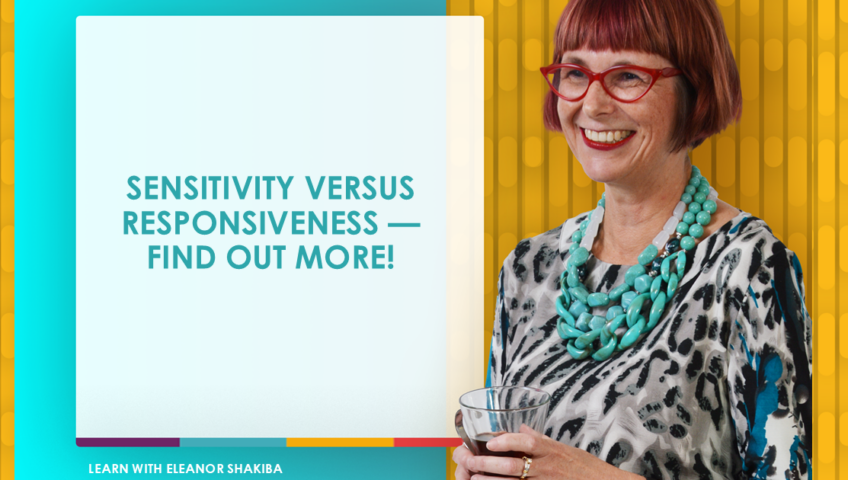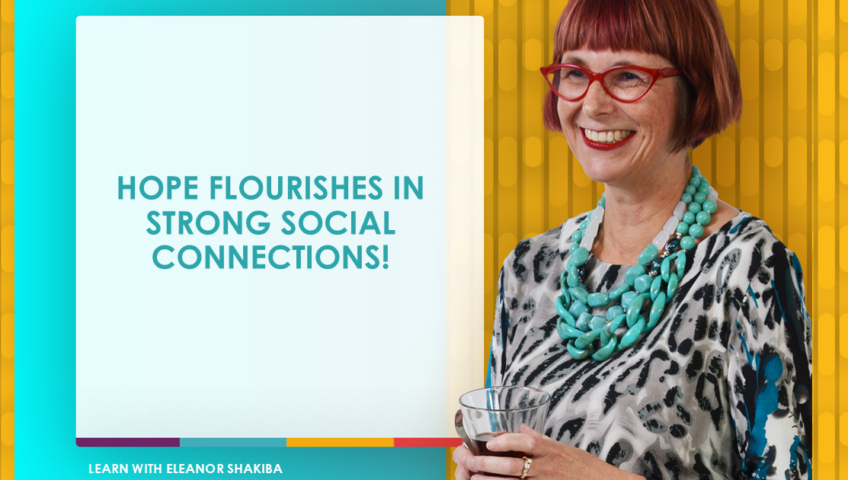Why do people paint exaggerated pictures of their success and happiness on social media? It’s a common question and psychologists answer it by saying that we all have a basic need for ‘self-completion’. This is a desire to see yourself – and be seen by others – as accomplished in areas you see as important. For example, someone who wants to be wealthy might buy an expensive outfit even though they can’t afford it. This ‘reward’ will make them feel like they’re living in alignment with their values, even though their action may in fact be financially irresponsible.
This need for self-completion is greatly amplified in the age of social media. After all, social media creates a platform for people to showcase their successes and highlight only the best parts of their lives. Often, the motivation behind this is a desire to receive validation from others. Why? So the person can feel ‘complete’ within themselves.
This is why so many people carefully select and edit photos before posting them. Essentially, they are using social media platforms to symbolise their idea visions of themselves. The research findings here are pretty fascinating. They suggest that people who feel incomplete in terms of their identity goals are more likely to be active on Instagram, using it to express themselves and achieve a feeling of self-fulfilment. While some see this as a positive way to pursue their goals, others may argue that it can bring pressure and dissatisfaction if you don’t reach your desired identity.
Free e-book and video tips.Get your copy today!
|
|
This is why so many people carefully select and edit photos before posting them. Essentially, they are using social media platforms to symbolise their idea visions of themselves. The research findings here are pretty fascinating. They suggest that people who feel incomplete in terms of their identity goals are more likely to be active on Instagram, using it to express themselves and achieve a feeling of self-fulfilment. While some see this as a positive way to pursue their goals, others may argue that it can bring pressure and dissatisfaction if you don’t reach your desired identity.
So, why does this all matter? Understanding why you post on Instagram can give you key insights into human behaviour and how social media fits into your life. By getting to grips with your drive for self-completion, you’ll get a deeper sense of what you really want in your life. This, of course, can empower you to take positive steps towards really achieving your goals – rather than just symbolising them on your Instagram feed.
Intrigued by all this? Here’s a quick exercise you can do: take a look at your own social media profiles and ask yourself why you post the pictures that you do. What does this tell you about your aspirations and values? Are you satisfied with your current level of self-fulfilment? Use this as a starting point to begin working towards a more authentic and fulfilling life, both on and off social media. Remember, it’s not about the number of likes or followers, but about finding true satisfaction within yourself.
Want to find out more about self-completion and identity goals? Read this article Psychology Today.
This article summary was created by Eleanor Shakiba
Eleanor is a leadership trainer, success coach and people skills expert. She helps managers and business owners build thriving teams and organisations, using tools from Positive Psychology. She's trained more than 60,000 people during her career as a corporate trainer and professional development consultant. Her mission is inspiring talented people to become leaders who make a difference.






